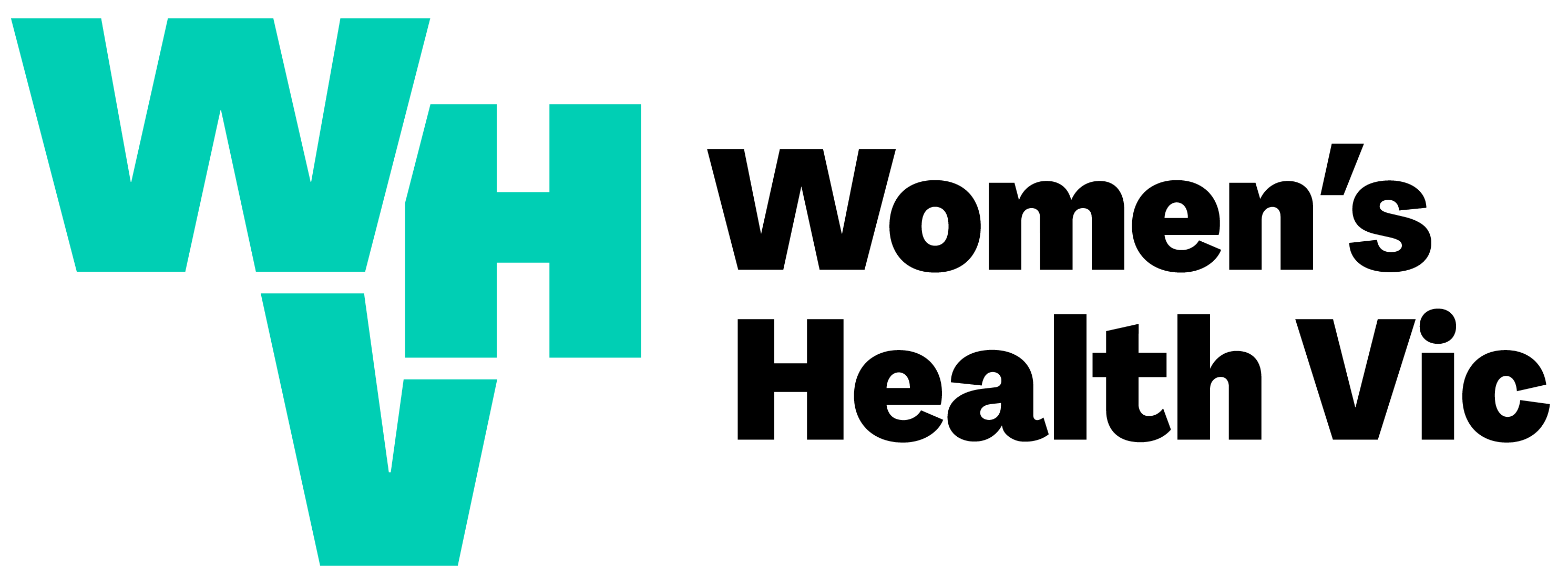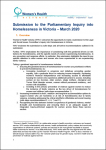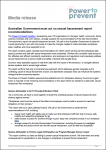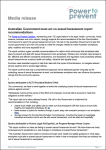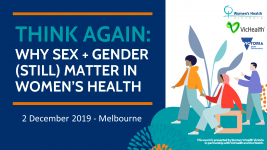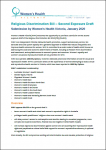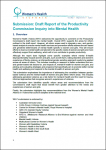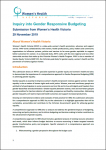This submission emphasises the importance of considering both the gendered drivers of homelessness, and the specific needs of women experiencing homelessness, in any prevention and response efforts.
The Power to Prevent Coalition, representing over 100 organisations in the legal, health, community, family violence, business and union sectors, strongly supports the recommendations of the Sex Discrimination Commissioner’s report into sexual harassment at work. We call on the Australian Government to take this crucial opportunity to join with civil society to make the changes needed to make Australian workplaces safer, healthier and more respectful for all.
This interactive symposium explores why sex and gender matter more than ever to effective action on key women’s health issues, with a focus on mental health and substance use.
This submission outlines the reasons WHV opposes the Religious Discrimination Bill.
Overall WHV supports the areas for reform outlined in the draft report. However, all reform areas need to integrate a sex- and gender-based analysis to ensure mental health services and prevention efforts address the sex-based and gendered determinants of mental health specific to women and girls.
This submission draws on WHV's specialist expertise in gender equity and women's health to demonstrate the importance of a comprehensive approach to Gender Responsive Budgeting (GRB) in achieving gender equality.
This study explores the responses of Victorian community members to gender portrayals in advertising. The study suggests that community members perceive that stereotyped gender portrayals and sexualised images of women are common in advertising, and that these portrayals pressure women and men to conform to limiting stereotypes, have negative impacts on health and wellbeing, and may support attitudes that cause violence against women.
This research paper explores the efficacy of interventions that aim to address sexism or promote progressive gender representations in advertising, highlighting examples of local and global promising practice.
Reviews the activities, and achievements of Women’s Health Victoria for the period July 2018 to June 2019.
This research summary provides a snapshot of the analysis undertaken by RMIT’s Dr Lauren Gurrieri and Dr Rob Hoffman – Addressing and preventing sexist advertising: An analysis of local and global promising practice – which considers how problematic gender portrayals in advertising can be addressed.
